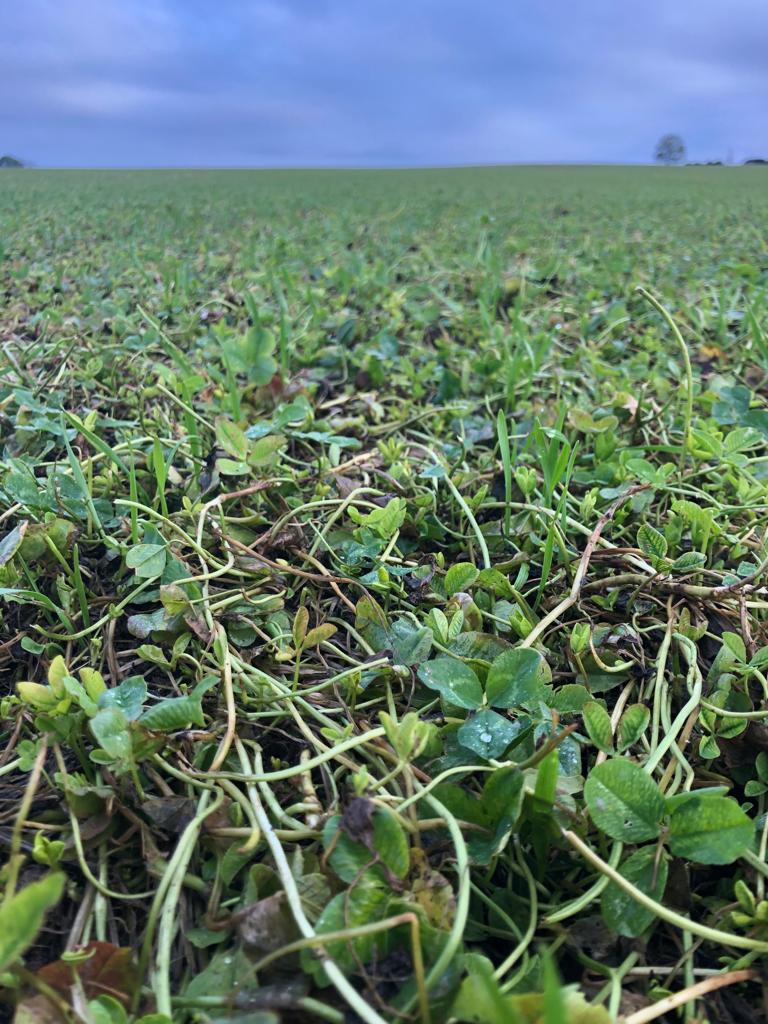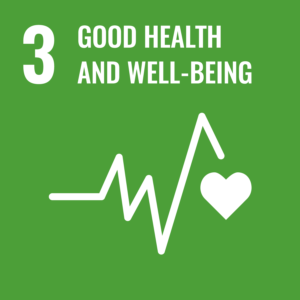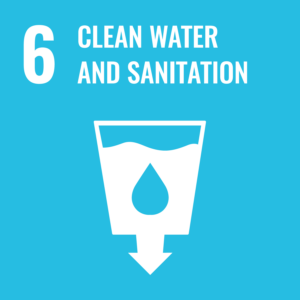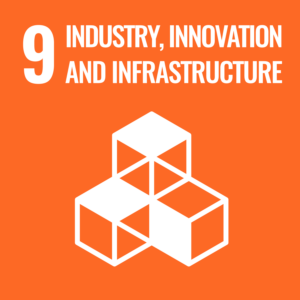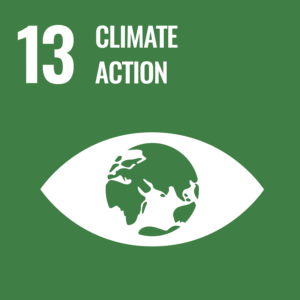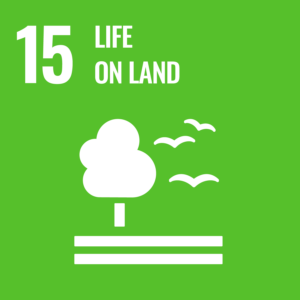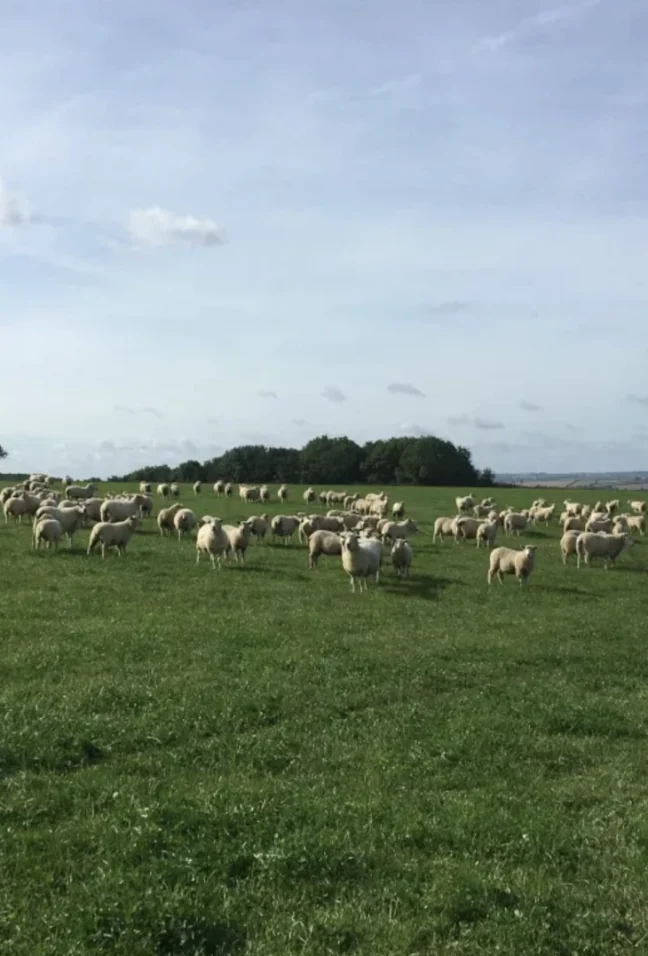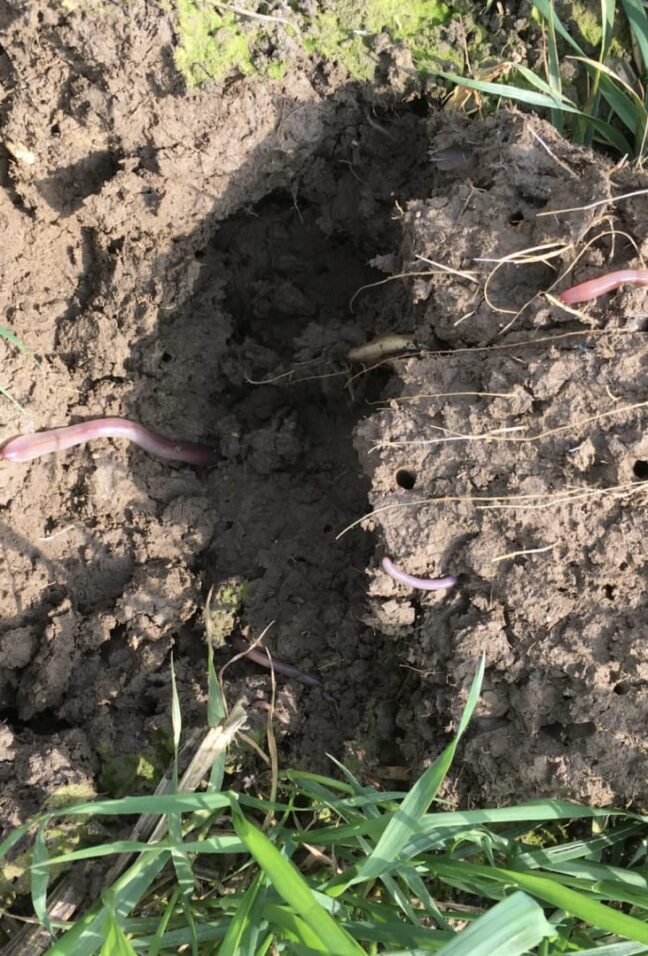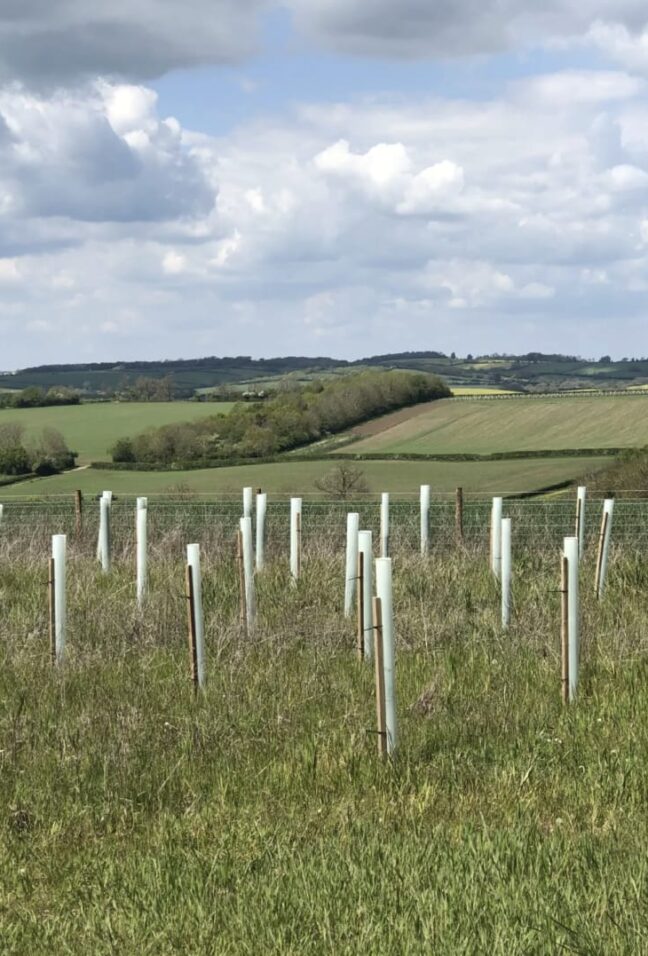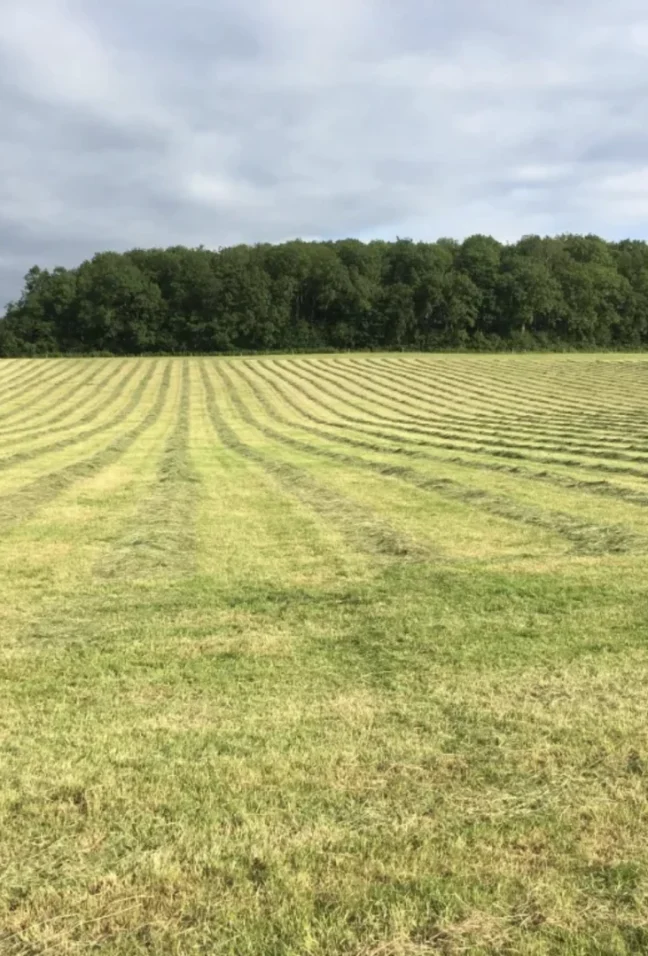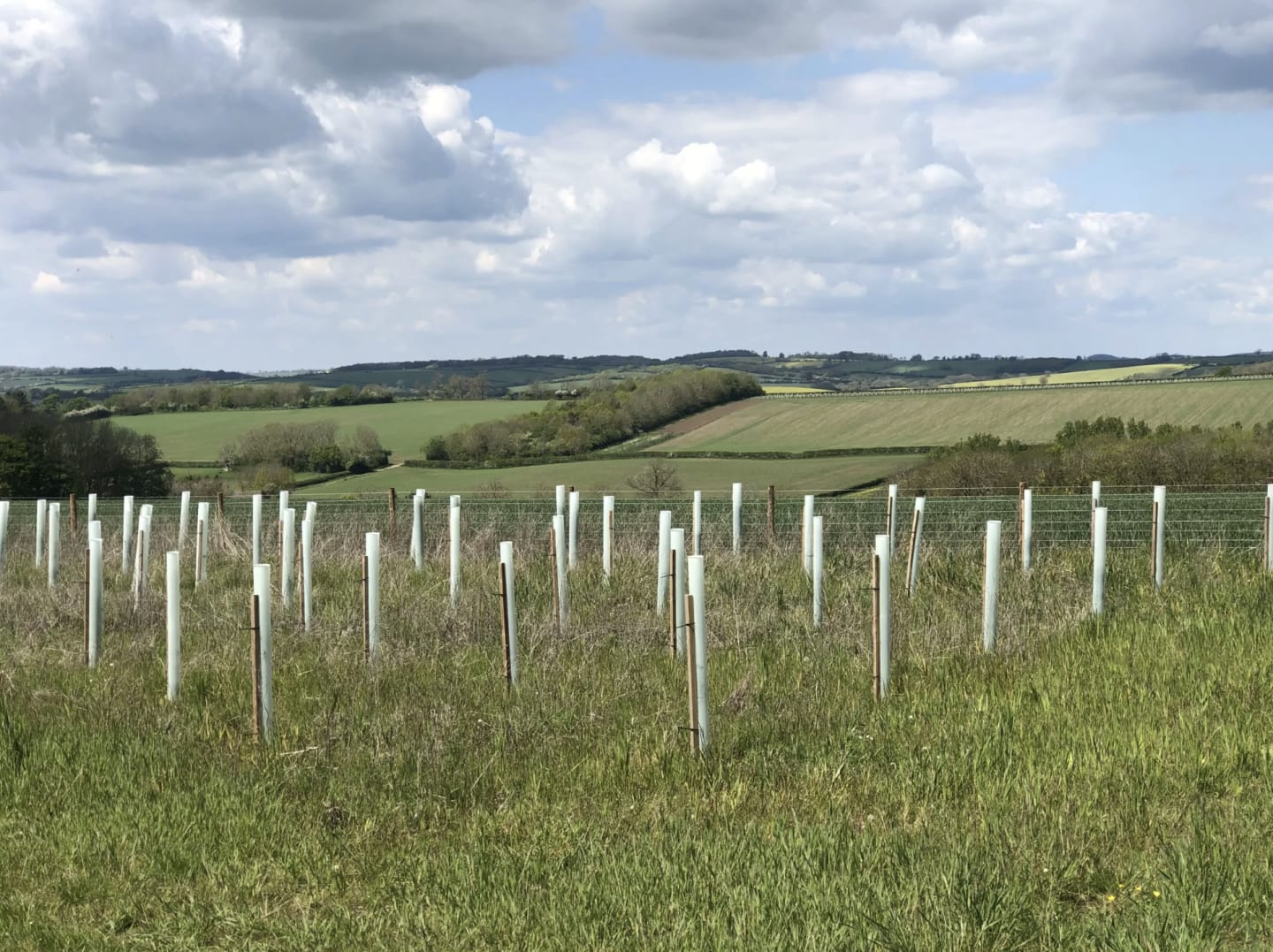-
Project type:
Regenerative Agriculture
-
Project status:
Monitoring
-
Methodology:
Soil Organic Carbon Estimation in Regenerative Cropping/Managed Grassland Ecosystems
-
Project area (ha):
230
-
Validator:
Regen Network
Standards
UN Sustainable Development Goals:
Philipson Estates have adopted regenerative agricultural practices on their farm at Blaston in Leicestershire. With the advice of independent agronomists Indigro Ltd, techniques employed include direct drilling of arable crops, continuous soil cover with the use of cover and companion crops, diverse crop rotations and integrated livestock grazing. These practices are improving soil health, promoting biodiversity and creating a sustainable business producing nutritious food whilst sequestering carbon.
This is the first UK project to generate credits by directly measuring soil organic carbon gains over a production cycle. It represents an opportunity to promote environmental and financial sustainability in British farming, thereby making agriculture part of the solution to climate change – not part of the problem.
Project developer
Ecometric
Ecometric has developed and commercialised a soil organic carbon (SOC)
monitoring system for farmers, estate managers, agronomists, food manufacturers, food retailers and the carbon markets. The system combines soil sampling and laboratory analysis with AI technology to deliver practical real-world data solutions to soil management and carbon footprint reporting.
Location
Blaston Regenerative Farming is located east of Leicester in the United Kingdom.
Project gallery
Our impact
-
Number of hectares under restoration
230
230 hectares managed using regenerative agricultural practices
-
Tonnes of CO2 sequestered from atmosphere
5,000 tonnes
During the 2020-2021 season approximately 5,000 tonnes of CO2e were removed from the atmosphere.
-
Endangered species and wildlife conservation
There has been a 7-fold increase in worm count in the project area
-
Carbon revenue and beyond-carbon benefits
Soil organic matter has increased significantly. Since the project began, the land holds more nutrients and water and there are lower levels of runoff, pollution and erosion.
Download our detailed fact sheet
Thanks for your interest in going deeper with us! Just fill out this quick form, and you’ll get instant access to our detailed fact sheet, packed with all the info you need.
